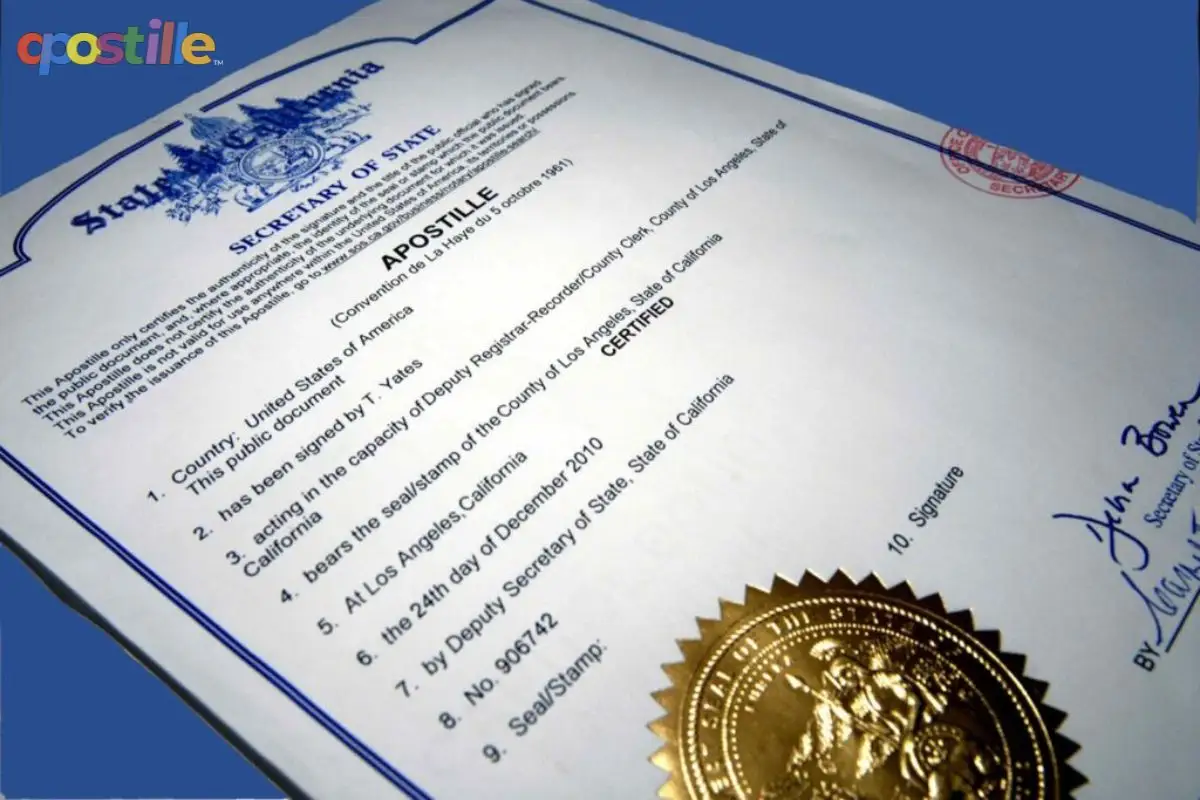Digging Into the Reasons Behind the Compulsory Need of Apostille Qualification for Legal Documents
In the world of lawful paperwork, the compulsory need of apostille qualification has ended up being a vital element that considerably impacts the validity and acknowledgment of lawful papers on an international scale. Understanding the reasoning behind this need includes delving into the intricate internet of lawful intricacies, historical precedents, and global arrangements that emphasize the value of apostille accreditation in today's interconnected world. By exploring the underlying reasons behind this widespread demand, a more clear image emerges of why this relatively administrative process holds such tremendous relevance for federal governments, individuals, and companies alike.
Historical Advancement of Apostille Accreditation
How did the concept of apostille qualification evolve gradually to become a crucial part of global file recognition? The historical development of apostille qualification go back to the very early 20th century. The need for a simplified approach of validating papers for usage across borders emerged as global profession and travel boosted. In reaction to this requirement, the Hague Seminar on Private International Law introduced the Apostille Convention in 1961. This global treaty established a streamlined procedure for licensing the authenticity of files to be acknowledged in participant nations.
Originally taken on by a couple of European countries, the Apostille Convention progressively obtained global approval as a result of its efficiency and effectiveness in verifying the legitimacy of official documents. For many years, the convention's reach increased as even more nations joined, recognizing the apostille as a widely accepted form of document verification. Today, apostille qualification has actually come to be a typical need for confirming lawful documents in worldwide transactions, ensuring smooth interaction and lawful procedures between nations.
Simplifying International File Legalisation
The streamlining of global document legalization treatments has considerably improved performance in cross-border transactions. Streamlining the procedure of legislating files for worldwide usage has actually become important in promoting swift and smooth transactions between countries. Among the vital mechanisms that have added to this simplification is the fostering of the Apostille Convention, which gives a standard approach for verifying the authenticity of files throughout taking part countries.
By sticking to the Apostille needs, countries concur to identify each various other's public records as legitimate without the demand for more legalisation. This removes the often cumbersome and lengthy process of numerous verifications by various authorities, conserving time and resources for individuals and companies engaged in international activities.

Guaranteeing File Authenticity and Legitimacy
To guarantee the credibility and credibility of legal files in global transactions, rigid confirmation processes are essential. By requiring apostille certification for legal papers, authorities intend to authenticate the origin of papers and validate the trademarks of people involved.
Furthermore, verifying the authenticity of lawful papers with apostille certification enhances trust and self-confidence amongst celebrations engaging in international purchases. Inevitably, by promoting stringent verification standards, apostille qualification contributes to a much more clear and protected international lawful framework.

Facilitating Cross-Border Legal Acknowledgment
In the world of worldwide deals, the apostille accreditation not only guarantees the authenticity and legitimacy of lawful files yet likewise plays a crucial function in helping useful link with cross-border lawful acknowledgment (Houston Apostille). When lawful documents bear an apostille certification, they are easily accepted by international authorities without the requirement for further confirmation. This structured procedure expedites the acknowledgment of files in different nations, promoting efficiency and lowering administrative hurdles in lawful matters that go beyond national boundaries
Promoting cross-border legal recognition via apostille accreditation fosters depend on and confidence in the authenticity of documents exchanged in between countries. This acknowledgment is especially crucial in circumstances such as international service transactions, fostering processes, or legal process involving events from different jurisdictions. By adhering to the criteria set forth by the Apostille Convention, countries consent to honor the apostille seals fastened to records from various other participant countries, therefore streamlining the process of legal acknowledgment throughout borders. Eventually, the apostille qualification acts as an essential device in advertising smooth international legal collaboration and ensuring the smooth operation of cross-border transactions.
Conformity With International Treaty Criteria
Compliance with international treaty criteria is imperative for ensuring the uniform application of lawful regulations throughout taking part nations. The Apostille Convention, established in 1961, outlines the demands for the acceptance of public documents amongst member countries. By adhering to the standards stated in this treaty, countries devote to identifying the validity of each other's certification without the demand for additional authentication - Houston Apostille. This shared approval simplifies the procedure of cross-border document acknowledgment, advertising efficiency and minimizing administrative hurdles.
The Apostille certification, as mandated by the treaty, functions as a guarantee of credibility for files such as birth certifications, marriage licenses, court judgments, and notarized deeds. This standard technique aids prevent scams and guarantees that lawful papers stemming from one member nation are easily approved in one more. Moreover, by abiding by international treaty requirements, nations show their dedication to supporting the concepts of learn the facts here now transparency, depend on, and cooperation in lawful matters on an international scale.
Verdict

In the world of lawful documentation, the compulsory need of apostille qualification has ended up being an essential facet that dramatically impacts the validity and recognition of legal papers on an international scale. Today, apostille certification has become a conventional demand for verifying lawful documents in worldwide deals, making sure smooth interaction and legal procedures between nations.
In addition, confirming the authenticity of legal files with apostille accreditation enhances count on and confidence amongst events involving in international purchases.In the world of worldwide purchases, the apostille accreditation not only makes certain navigate to this website the authenticity and legitimacy of legal papers yet additionally plays a pivotal duty in promoting cross-border lawful recognition. By adhering to the standards established forth by the Apostille Convention, nations agree to recognize the apostille seals attached to files from other participant countries, thus streamlining the procedure of legal acknowledgment throughout borders.
Comments on “Apostille Providers Houston TX: Making Sure Paper Authentication”